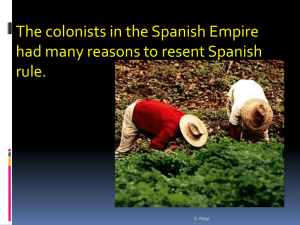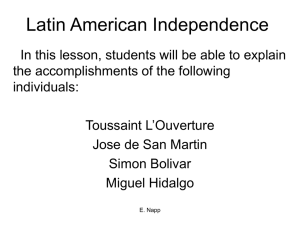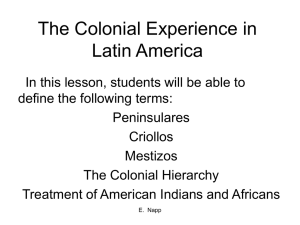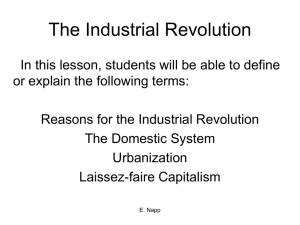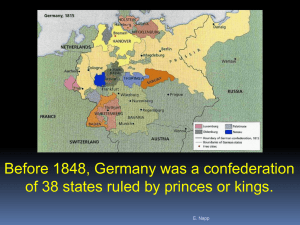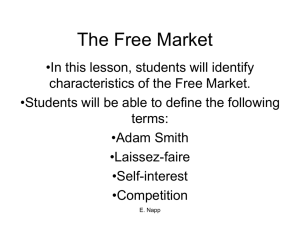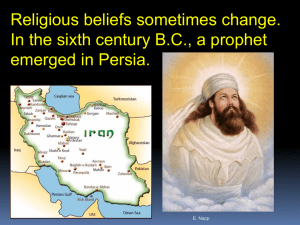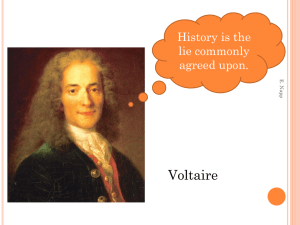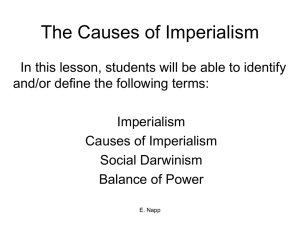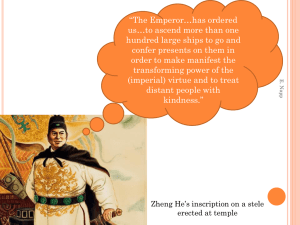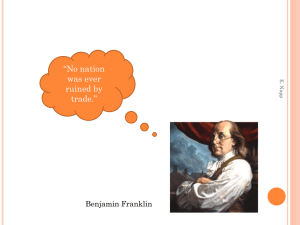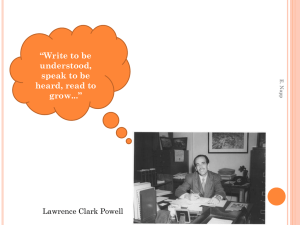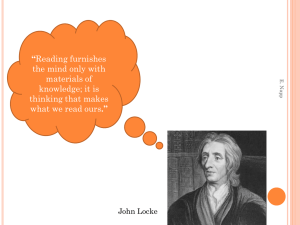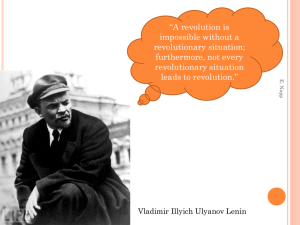Latin American Independence and the Monroe Doctrine
advertisement
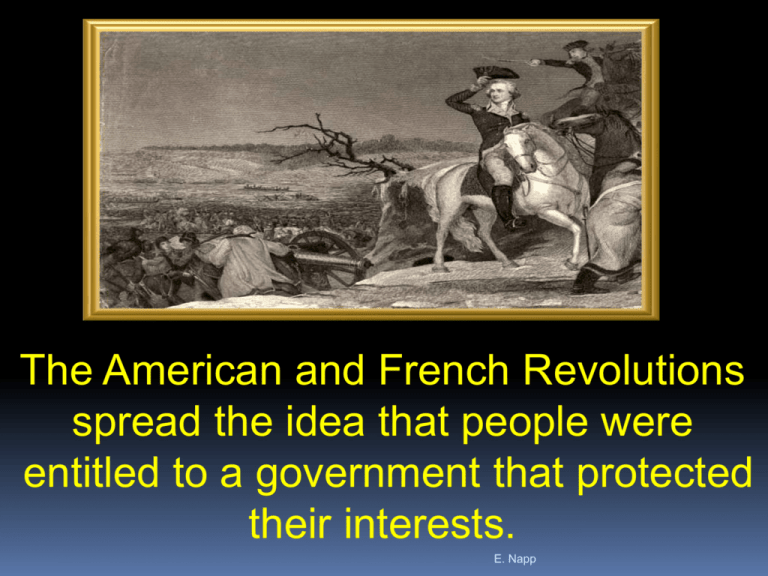
The American and French Revolutions spread the idea that people were entitled to a government that protected their interests. E. Napp When Napoleon conquered Spain, Latin Americans were able to govern themselves. E. Napp After Napoleon’s defeat, many Latin American colonies refused to return to Spanish rule and demanded independence. E. Napp Toussaint L’Ouverture led an uprising of African slaves in 1791, forcing the French out of Haiti. E. Napp Haiti was the first Latin American colony to achieve independence. E. Napp Simon Bolivar defeated Spanish forces between 1819 and 1825, liberating Venezuela, Colombia, Ecuador, Peru and Bolivia. E. Napp Jose de San Martin worked to liberate Argentina and Chile from Spanish rule in the years 1816 to 1818. E. Napp Miguel Hidalgo, a priest, began a rebellion against Spanish rule in Mexico in 1810, but the uprising failed. Mexico later achieved its independence in 1821. E. Napp President Monroe of the United States issued the Monroe Doctrine in 1823. It stated the United States would oppose any attempt by Europeans to establish new colonies in the Americas. E. Napp The Monroe Doctrine made it clear to the world that the United States had special interests in the Western Hemisphere. E. Napp After independence, dictatorships, unstable governments, and poverty affected many Latin American nations. Land and wealth remained in the hands of a small elite. Caudillos or military leaders ruled in some places. E. Napp
